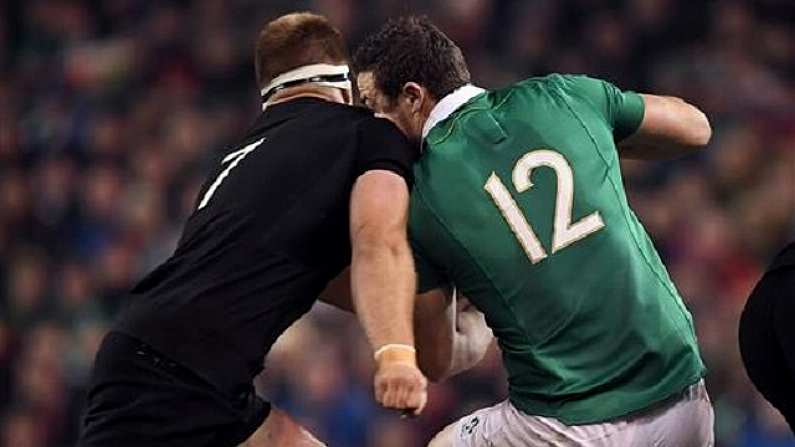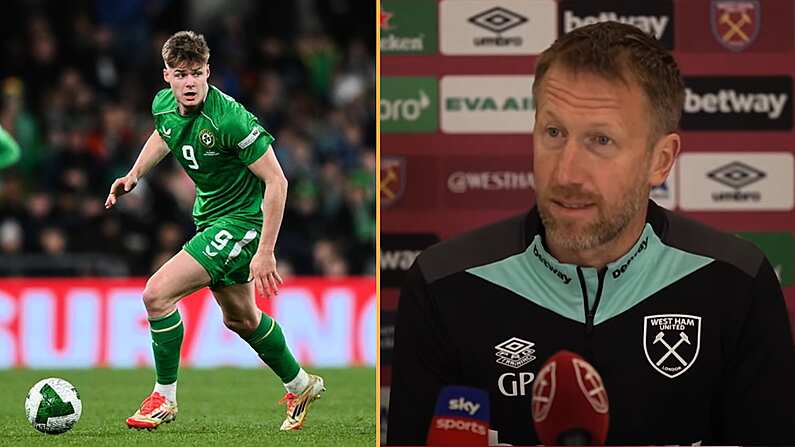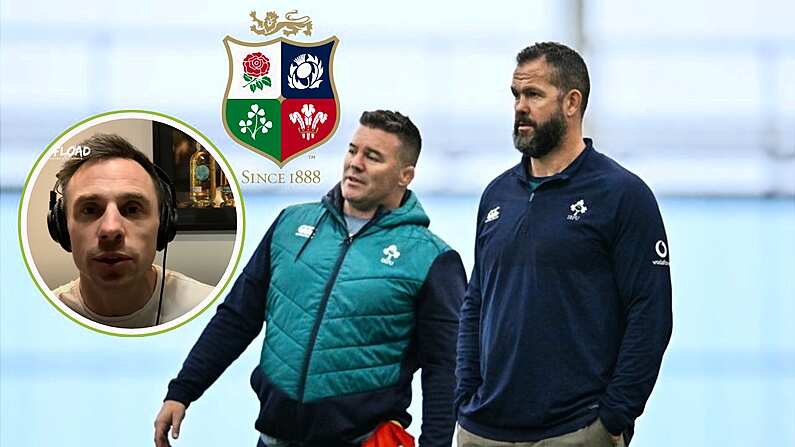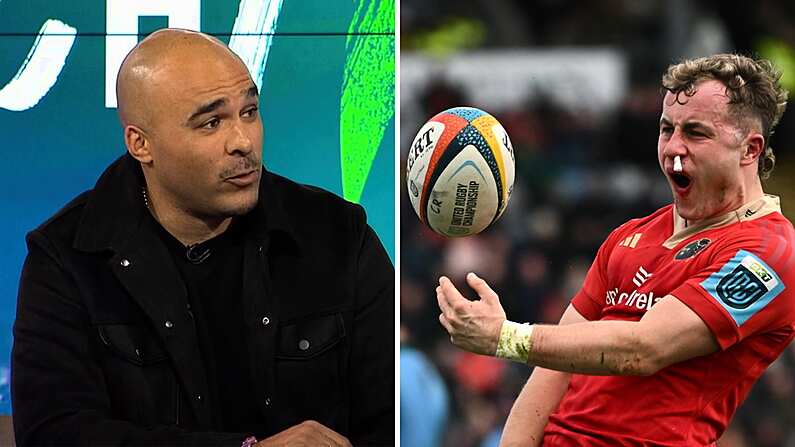A week after a 'physical' encounter between Ireland and New Zealand at the Aviva Stadium, World Rugby has announced revisions to their foul play sanctions.
Malakai Fekitoa was sin-binned for a high tackle on Simon Zebo but Sam Cane escaped further punishment than a penalty having inadvertently or otherwise knocking Robbie Henshaw unconscious with his shoulder. Cane appeared to at least attempt to wrap his arm around Henshaw during the tackle and didn't receive a yellow card, but the Kiwis' aggression occasionally crossed the line from manic to dangerous, sparking a plethora of conversations on the topic throughout the week that followed.
A statement from World Rugby, released today, said:
A revised sanctions table will be effective from 3 January, 2017 and will be accompanied by game-wide education of disciplinary personnel to drive greater consistency of application across multiple competitions and jurisdictions. These were recommended by representatives of the playing, coaching, officiating, media and judicial fraternity at the judicial review workshop in June this year.
This revised sanctions table will include the following:
- Tougher sanctions for dangerous play relating to the head
- Revision of entry points to reflect modern game
- Minor adjustments to other entry points to make them more practical for the aggravation and mitigation element of the sanctioning process
- Equivalent, consistent adjustments to the underage sanctions table taking into account shorter seasons and other disciplinary measures at that level
Under such new sanctions, applicable from January 3rd of next year, Cane's tackle in particular would see him eligible to be banned for at least six weeks, pending investigation.
World Rugby Chairman Bill Beaumont said:
We continue ensure that our structures reflect and support a modern, growing and thriving game by reviewing all aspects of our regulatory framework between Rugby World Cups.
We know there is increased scrutiny of rugby's laws and regulations from fans and the media. Player welfare and upholding the values of the game are of paramount importance as we reach out to more men, women and children around the world.
I am confident that the revised Regulation 17, dealing with foul play, delivered following the full consultation of our member unions, is representative of a sport that is founded on the values of discipline, respect and integrity. It will allow for greater consistency across the board, while recognising the practical differences between elite and community rugby.
I would like to thank the unions for their full commitment and enthusiasm to a process that will deliver an enhanced and strengthened regulation that will further promote consistency, protect our players and serve the game well at all levels as the sport grows in popularity and appeal.













